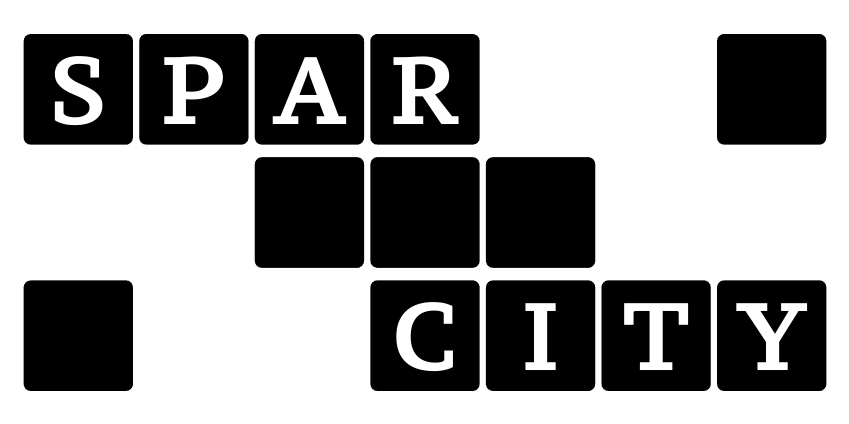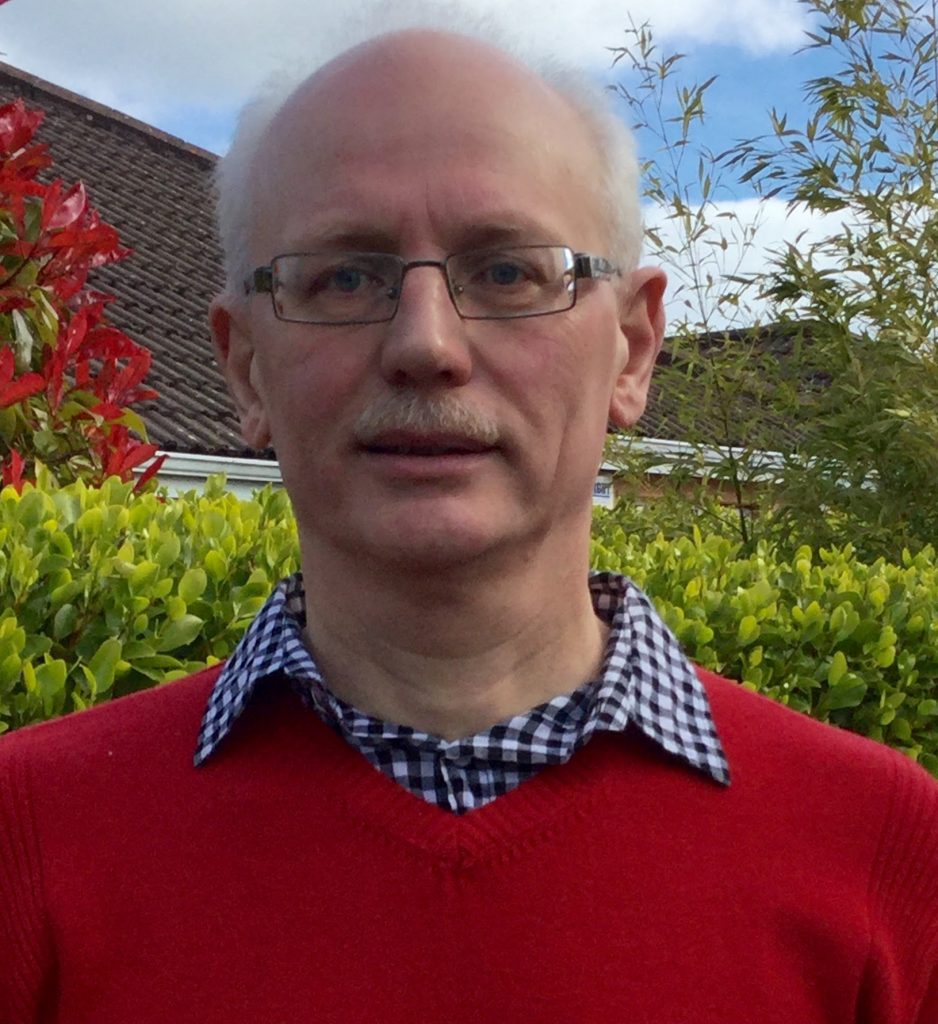
Alexey Lastovetsky holds a PhD degree from the Moscow Aviation Institute and a Doctor of Science (Habilitation) degree from the Russian Academy of Sciences. His main research interests include high performance heterogeneous computing and energy efficient computing. He has published over 175 technical papers in refereed journals, edited books, and international conferences, and released over a dozen software tools under the GPL license. He authored the monographs “Parallel computing on heterogeneous networks” (Wiley, 2003) and “High performance heterogeneous computing” (with J. Dongarra, Wiley, 2009). He has supervised to completion 22 PhD students. He helped organise in various capacities over 300 international conferences. He has won over a dozen individual research grants, including four prestigious Science Foundation Ireland Investigator awards, of a total value of more than 4.5 million euro. He is currently Associate Professor in the School of Computer Science at University College Dublin (UCD). At UCD, he is also the founding Director of the Heterogeneous Computing Laboratory (http://hcl.ucd.ie/).
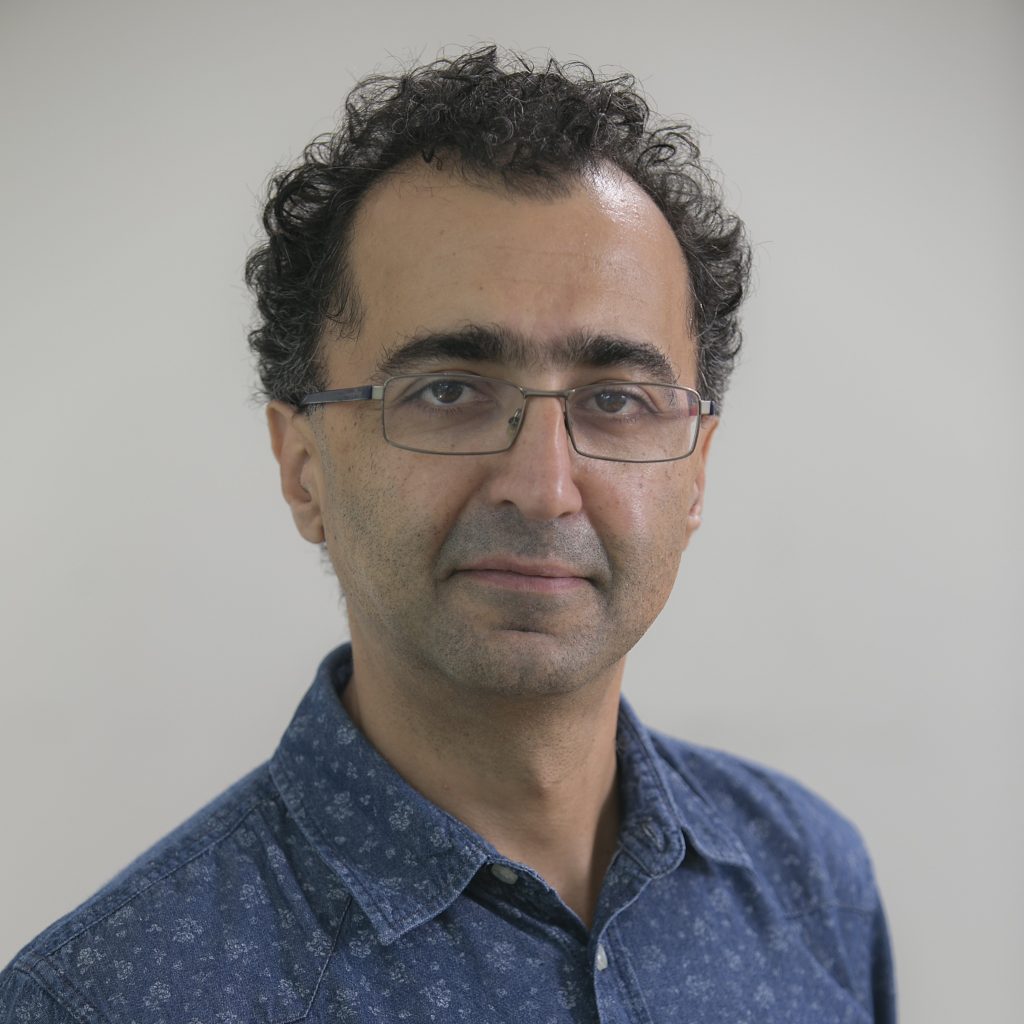
Bora Ucar received the PhD degree (2005) in Computer Engineering from Bilkent University, Ankara, Turkey. He worked as a post-doctoral researcher at the Mathematics and Computer Science Department of Emory University, Atlanta, USA and at the Parallel Algorithms Project, CERFACS, France. Since January 2009, he is a permanent research scientist of CNRS, and is located at LIP, ENS Lyon. He spent the 2017–2018 school year as a visiting research scientist at the School of Computational Science and Engineering of Georgia Institute of Technology, Atlanta, GA, USA. His research lies in combinatorial scientific computing, particular areas include graph and hypergraph algorithms and high performance sparse matrix and tensor computations. He is currently in the editorial board of Parallel Computing, SIAM Journal on Matrix Analysis and Applications, SIAM Journal on Scientific Computing, and IEEE Transactions on Parallel and Distributed Systems. He is also involved in several flagship conferences: he served in the steering committees of IEEE IPDPS, HiPC, and Combinatorial scientific computing; was a general chair of IPDPS 2018, program co-chair of IPDPS 2022, SEA2022, and HiPC 2020.
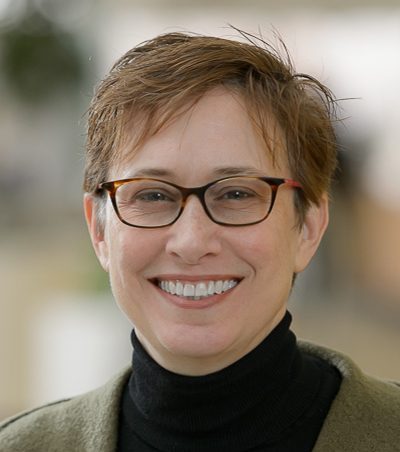
The work of Lois Curfman McInnes focuses on high-performance computational science, with emphasis on scalable numerical libraries and community collaboration toward productive and sustainable software ecosystems. She serves as deputy director of Software Technology in the DOE Exascale Computing Project (ECP). She also co-leads the IDEAS scientific software productivity project, which focuses on improving software productivity and sustainability as a key aspect of advancing scientific productivity. Lois is a SIAM Fellow and serves on SIAM Council; she serves as Chair of the SIAM Activity Group on Supercomputing (2022-2023). She received the 2015 SIAM/ACM Prize in Computational Science & Engineering and a 2009 R&D 100 Award (with collaborators on the PETSc library); she also received the E.O. Lawrence Award in 2011 for outstanding contributions in R&D supporting the US Department of Energy.
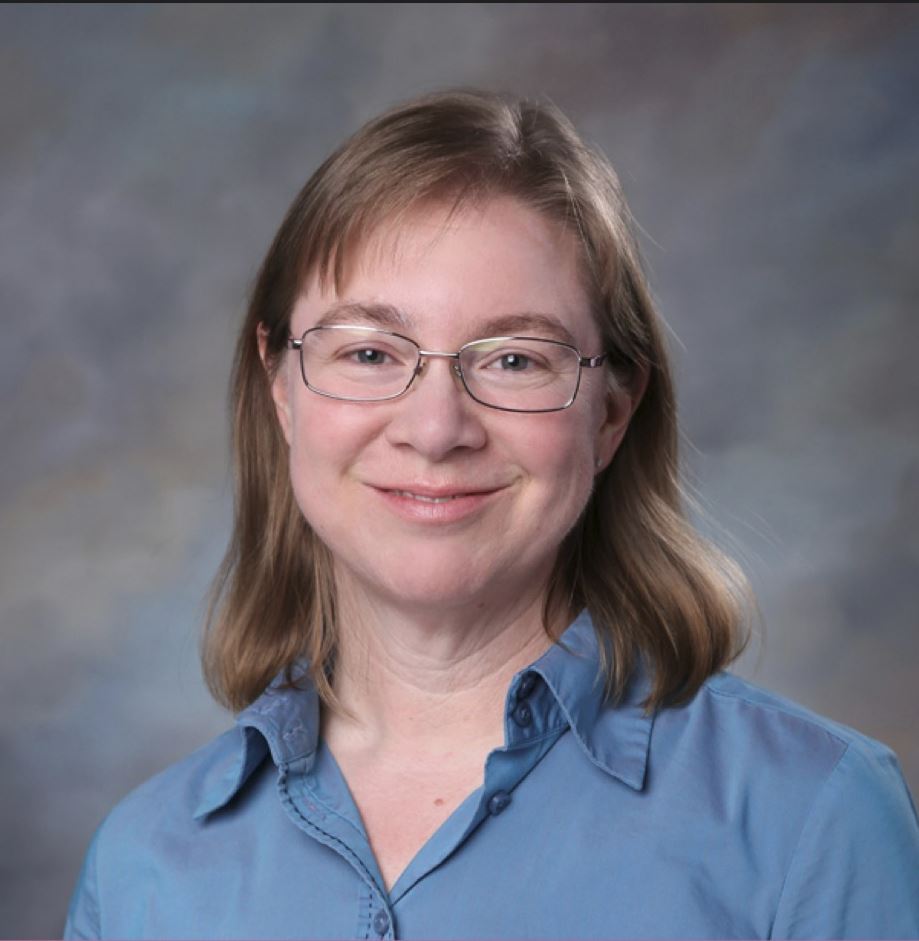
Michelle Strout is the Chapel team manager at HPE as of January 2021 and a professor in the Department of Computer Science at the University of Arizona since 2015. She earned her Ph.D. at the University of San Diego in 2003, did an Enrico Fermi postdoc at Argonne National Laboratory, and was an assistant and associate professor at Colorado State University from 2005 through 2015. Dr. Strout’s main research area is programming languages and compilers for high performance computing and her research interests include sparse matrix computations and the polyhedral model. Michelle received an NSF CAREER Award for her research in parallelization techniques for irregular applications, such as molecular dynamics simulations. She received a DOE Early Career award to fund her research in separating the specification of scientific computing applications from the specification of implementation details such as how to parallelize such computations. Some of Prof. Strout’s research contributions include the Universal Occupancy Vector (UOV) for determining storage mappings for any legal schedule in a stencil computation, the Sparse Polyhedral Framework (SPF) for specifying inspector-executor loop transformations, dataflow analysis for MPI programs, parameterized and full versus partial tiling within the polyhedral model, and loop chaining for scheduling across loops.
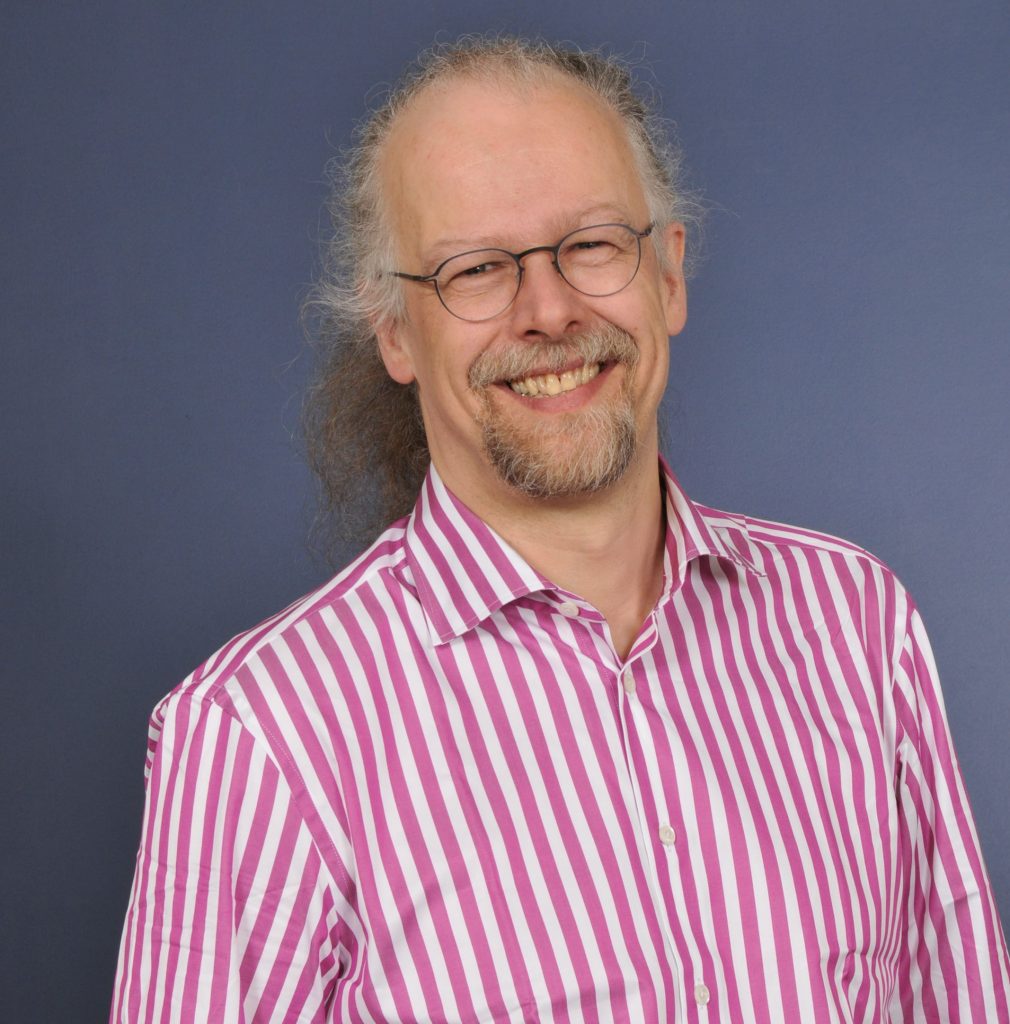
Professor Paul Kelly leads the Software Performance Optimisation group within the Department of Computing at Imperial College London. Whilst he has worked in many areas of computer systems, the core of his current work is compiler technology, aiming to push the frontiers of compiler research through moving up the “food chain”, exploiting properties and opportunities special to particular classes of application. He has been heavily involved in the popular Devito, Firedrake and OP2 DSLs which all have significant adoption by both industry and academia.
